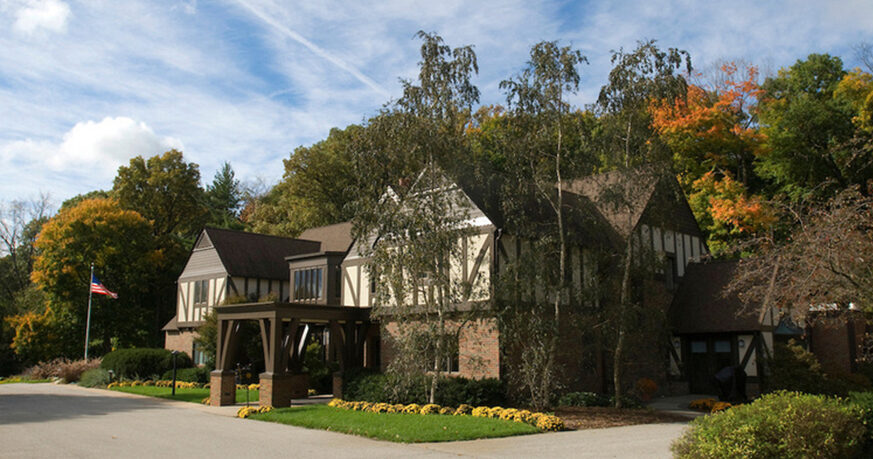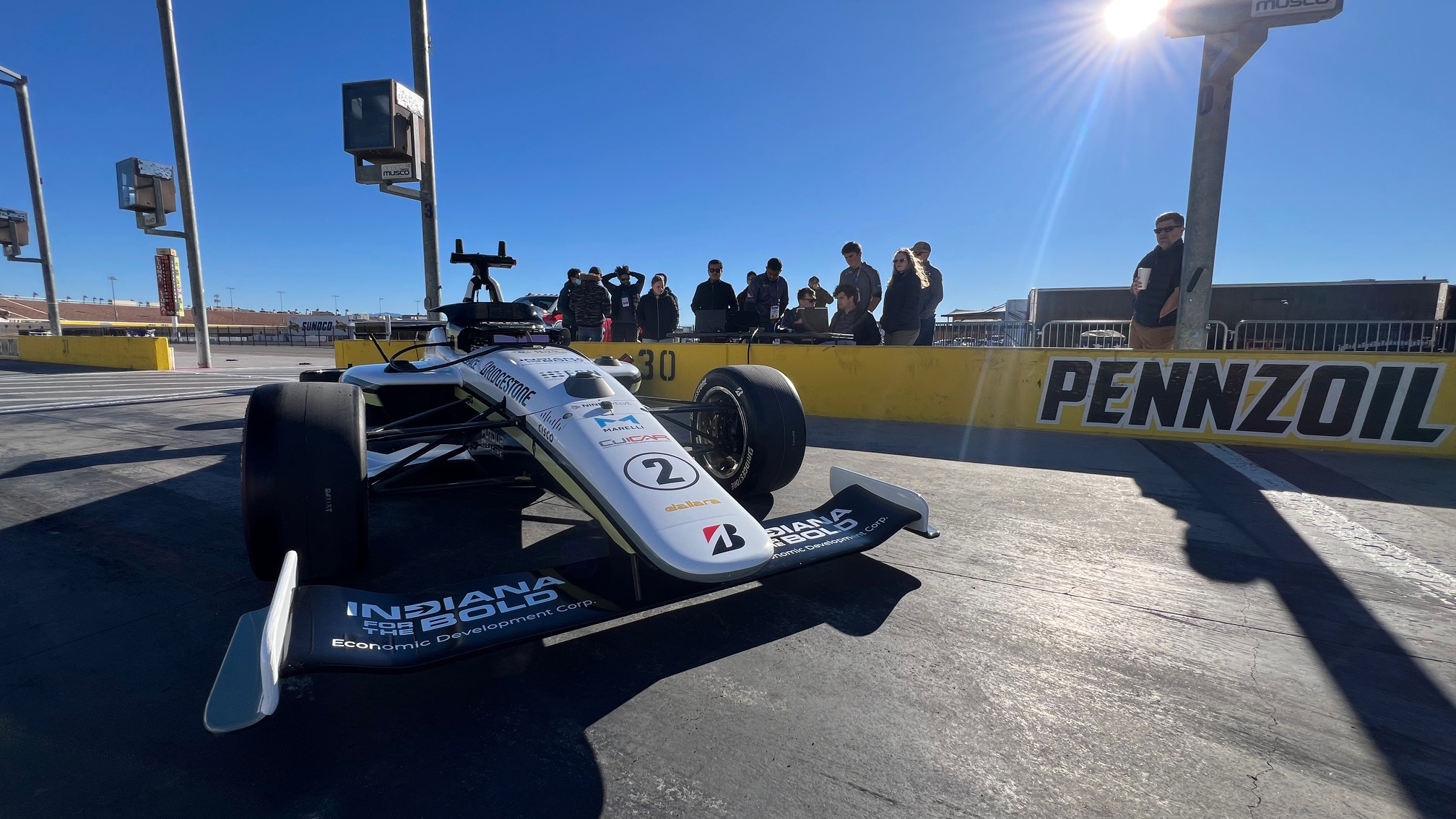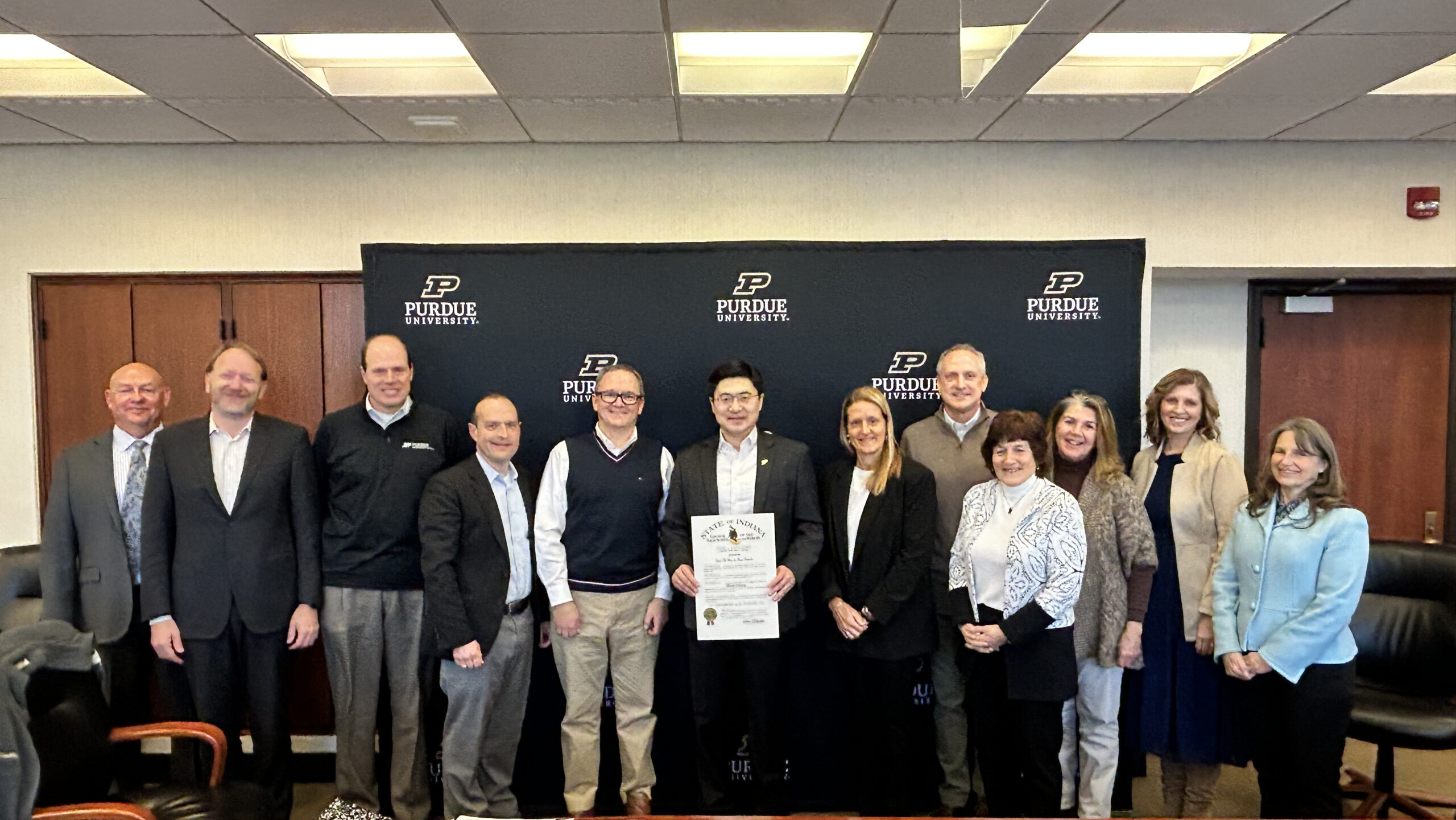Registration open for Jan. 28 Westwood Lecture on feasibility of an effective universal influenza vaccine

Exterior of Westwood building.
Registration is open for faculty to attend the Westwood Lecture Series on Jan. 28.

Suresh Mittal, Distinguished Professor of Virology in the College of Veterinary Medicine, will present “Universal Influenza Vaccine — An Aspiration or Reality?” from 4:30-5:30 p.m. at Westwood, the Purdue president’s residence.
The Westwood Lecture Series is an opportunity for Purdue faculty and staff members engaged in the research topic to interact with colleagues on scholarly work. The program is aimed at enhancing the intellectual vibrancy of the West Lafayette campus.
Space is limited to the first 50 faculty who register online.
“Universal Influenza Vaccine — An Aspiration or Reality?”
Suresh Mittal
Distinguished Professor of Virology
College of Veterinary Medicine
Abstract. Current seasonal influenza vaccines offer strain-specific protection, and thus, are less effective against mismatched strains. Besides, several zoonotic avian influenza viruses — e.g., H5N1, H7N7, H7N9 or H9N2 — pose a significant pandemic risk since seasonal influenza vaccines fail to protect against the distinct avian influenza viruses. Moreover, ongoing cases of avian A/H5N1 influenza virus (clade 2.3.4.4b) in cattle and its transmission to cattle, poultry and cats further highlight the potential danger of avian influenza viruses. Therefore, developing a universal influenza vaccine that confers better protection than the currently available seasonal or pandemic influenza vaccines will be vital for influenza preparedness. Our work at Purdue University, using a unique adenoviral vector platform with innovative antigen design, demonstrates the feasibility of designing an effective universal influenza vaccine.
Bio. Suresh Mittal is the Distinguished Professor of Virology in the College of Veterinary Medicine and serves as the infectious disease group leader for the Purdue Institute of Inflammation, Immunology and Infectious Disease. With more than 30 years of experience working with adenoviral vectors, Mittal is a leader in designing human and nonhuman adenoviral vectors for recombinant vaccines. Over the last 20 years, he has acquired expertise in adenoviral vector-based vaccines for seasonal and potential pandemic influenza viruses, and his ongoing work has contributed to the development of vaccines for influenza, COVID-19 and tuberculosis. Mittal has extensive expertise in designing novel intervention strategies for emerging and remerging infectious agents, and his research continues to be supported by funding from the National Institutes of Health.
Prior to joining the Purdue faculty, Mittal earned a Bachelor of Veterinary Science and Animal Husbandry and a Master of Veterinary Science from Haryana Agricultural University in Hisar, India, as well as a Doctor of Philosophy in molecular virology from the University of Cambridge in England. He completed postdoctoral training at McMaster University in Hamilton, Canada.
Upcoming spring 2025 Westwood Lecture Series events
Feb. 19: Alina Alexeenko — the Reilly Professor in Aeronautics and Astronautics and Chemical Engineering in the College of Engineering — and Elizabeth Topp — a professor of industrial and physical pharmacy in the College of Pharmacy, and chemical engineering in the College of Engineering — will present “Onshoring Pharmaceutical Manufacturing: Towards the Next Revolution.”
Alexeenko’s research is centered on computational and experimental studies of rarefied gas flow phenomena occurring in both high-altitude flight and in emerging technologies such as microelectromechanical systems for space communications and micropropulsion and in vacuum manufacturing processes. Topp’s research focuses on the chemical and physical stability of protein drugs, with particular emphasis on chemical degradation reactions in the amorphous solid state.
March 11: Libai Huang, professor of chemistry and director of Quantum Photonics Integrated Design Center in the College of Science, will present “Capturing the Motion of Electrons in Quantum Materials.”
Huang leads a pioneering research program focused on directly imaging energy and charge transport with femtosecond time resolution and nanometer spatial resolution using ultrafast microscopy.
April 8: Majid Kazemian, associate professor of biochemistry in the College of Agriculture, and computer science in the College of Science, will present “Drug Discovery: From In Silico Insights to In Vivo Validation.”
Kazemian’s research focuses on gene regulation in viral-associated cancers, autoimmune disorders and infectious diseases.
About Purdue University
Purdue University is a public research institution demonstrating excellence at scale. Ranked among top 10 public universities and with two colleges in the top four in the United States, Purdue discovers and disseminates knowledge with a quality and at a scale second to none. More than 105,000 students study at Purdue across modalities and locations, including nearly 50,000 in person on the West Lafayette campus. Committed to affordability and accessibility, Purdue’s main campus has frozen tuition 13 years in a row. See how Purdue never stops in the persistent pursuit of the next giant leap — including its first comprehensive urban campus in Indianapolis, the Mitch Daniels School of Business, Purdue Computes and the One Health initiative — at https://www.purdue.edu/president/strategic-initiatives



